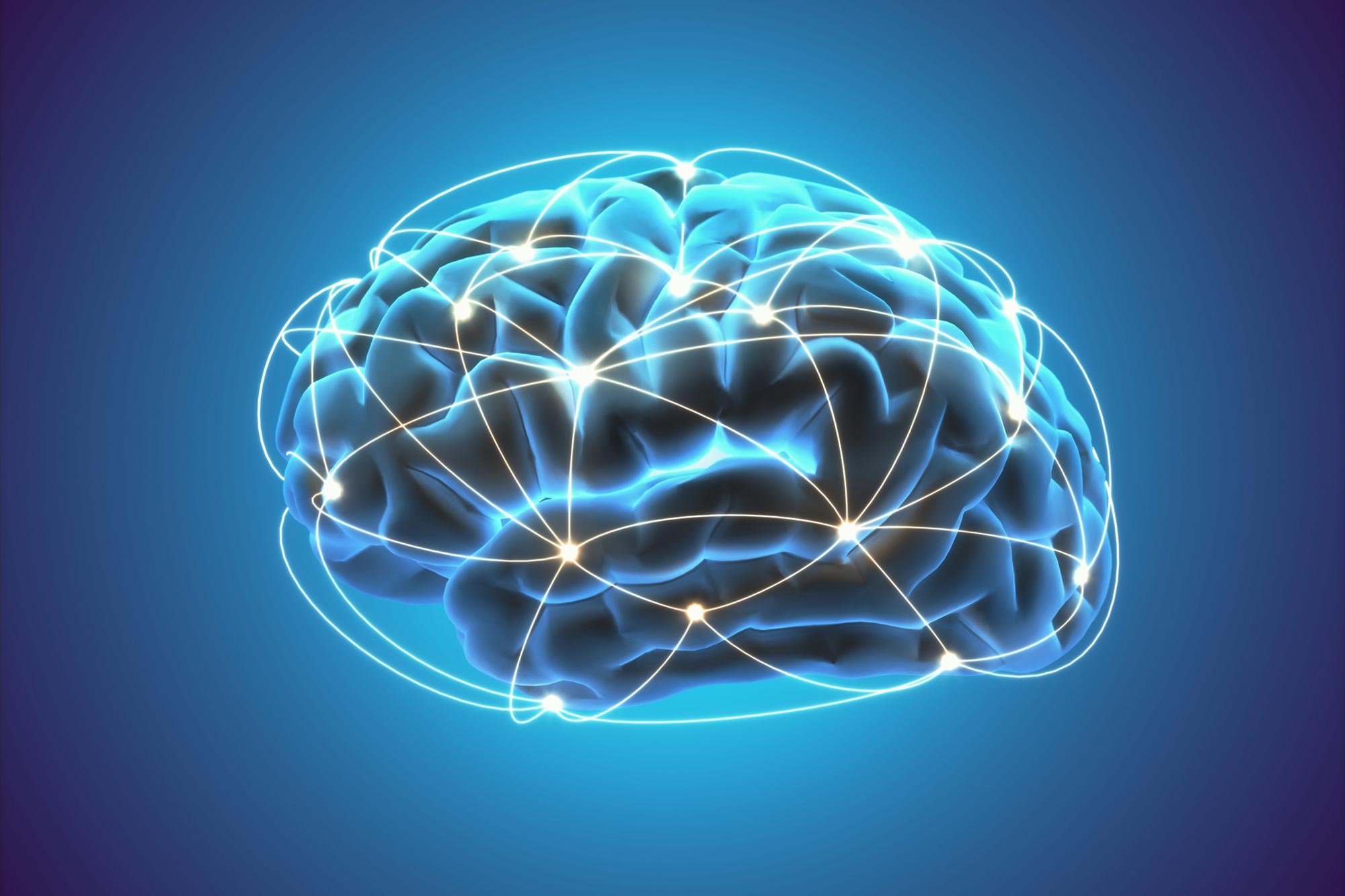Discover the Brain: A Holistic Approach to Intelligence
The Shift from Localized to Global Understanding
For decades, scientists have sought to pinpoint the origins of intelligence within specific regions of the brain. However, recent research from James Madison University is upending these notions, positing that it is the brain-wide connections that serve as the most accurate predictors of intelligence. This paradigm shift emphasizes a more integrated approach to understanding cognition.
The Methodology: Exploring Neural Networks
Utilizing functional Magnetic Resonance Imaging (fMRI), the team at JMU conducted an in-depth examination of the brain's interconnected regions. They focused on fluid, crystallized, and general intelligence, revealing a network of activity that transcends isolated regions. This approach has provided an unprecedented look at how different areas of the brain collaborate to produce intelligent behavior.
The Role of Connectivity in Brain Function
Connectivity is critical to the brain's efficiency and functionality. By examining global connectivity patterns, researchers uncovered a stronger correlation with intelligence than when examining isolated brain structures. This suggests that the brain operates as an integrated system, where even minor disruptions can influence overall cognitive performance. As Einstein once noted,
"The measure of intelligence is the ability to change."This study exemplifies how interconnected neural pathways can adapt and enhance cognitive function.
- Global Connectivity: A Key Intelligence Marker
- Advancements in Neuroimaging: The fMRI Revolution
- Potential Implications for AI and Machine Learning
These findings have far-reaching implications, not only for neuroscience but also for artificial intelligence and machine learning. By mimicking the brain's interconnected systems, AI models may improve their problem-solving and learning capacities.

The image above illustrates the concept of intelligence as a dynamic, multi-faceted construct rooted in brain connectivity, emphasizing the importance of an integrated neural approach for understanding cognitive expression.
For further details, explore this related product that delves deeper into the science of neuroimaging and its applications.
Moving Forward: The Future of Intelligence Research
This new framework encourages a broader exploration of the brain's functional architecture. By emphasizing connectivity over specific regions, future research may uncover further insights into the varying dimensions of intelligence. As we continue this journey, the notion of intelligence as a 'whole-brain phenomenon' promises to enrich both our understanding and practical applications in areas like education, technology, and artificial intelligence.
Intrigued by other scientific marvels? Check out our LinkedIn article on cognitive advancements and their impact on modern science.
